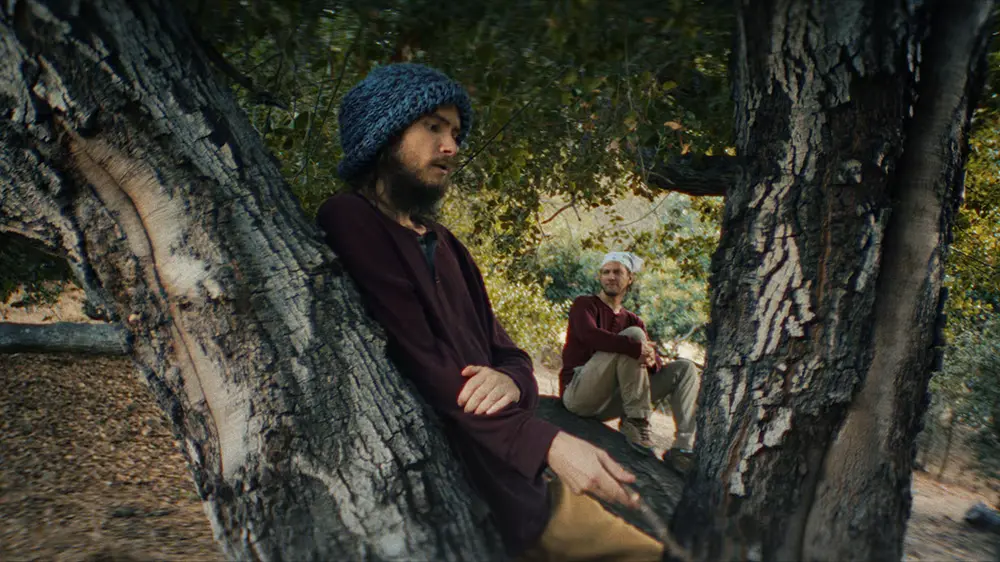During the attempted mass migration of 1940 often dubbed “The French Exodus,” it was easy to tell the refugees from the aggressors. Generally, the former spoke French and the latter spoke German. However, that put a dissident German like Hans in a difficult spot. Overshadowed by outrages like the Velodrome Round-up, the ill-fated evacuation gets its dramatic due in Christian Carion’s “Come What May.”
As a critic of the National Socialist regime, Max found it advisable to leave Germany with his young son Max in a hurry. To avoid deportation, they try to pass for French Christians of ruddy peasant stock. Frankly, they are not so convincing, but the residents of their Pas-de-Calais hamlet are inclined to simply live and let live, especially Hans’ yeoman farmer boss Paul, who also happens to be the mayor.
Unfortunately, this peaceful interlude will not last long, as viewers should expect. Eventually, Hans is arrested and interned for misrepresenting his citizenship, leaving Max in the care of the town’s schoolteacher, Suzanne. Shortly thereafter, the Maginot Line [concrete fortifications and weapon installations that the French built in the ‘30s to stave off invasions) caves, setting off the town’s desperate flight from the invading Germans.




